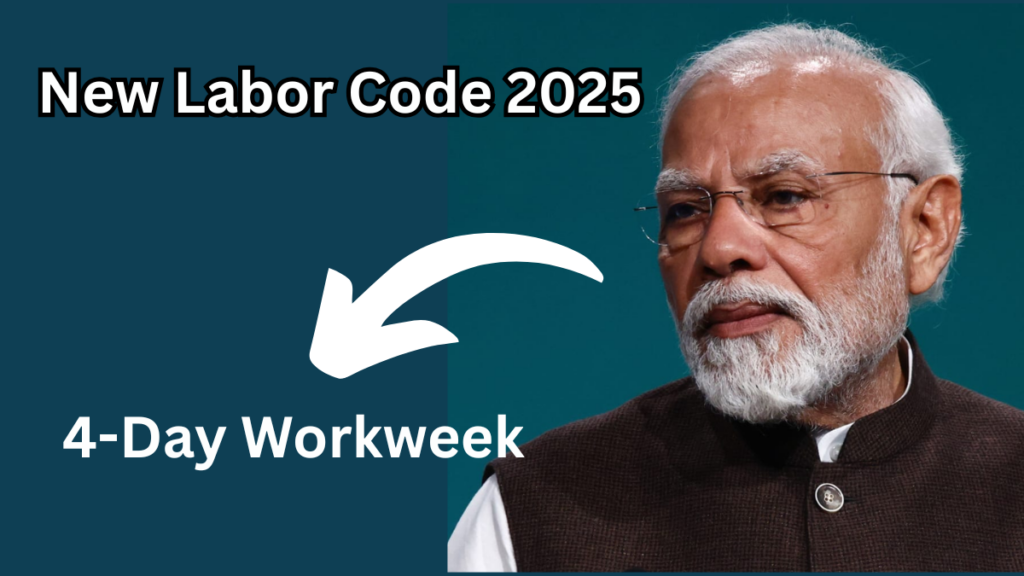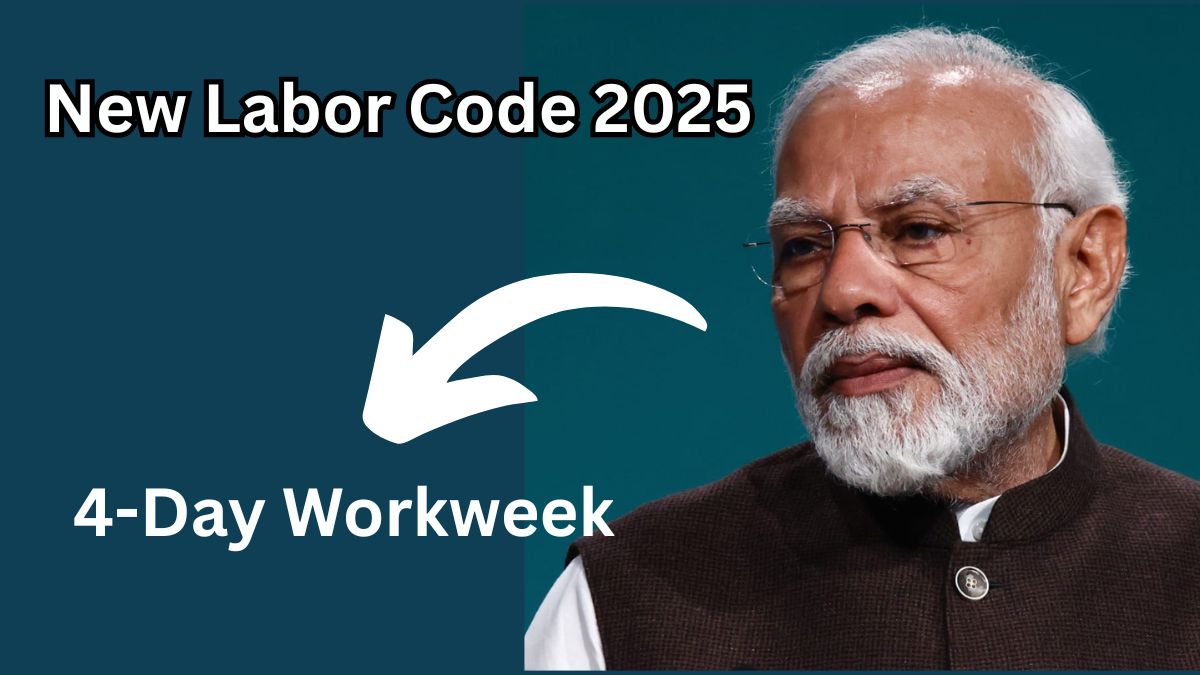The Modi government is all set to introduce a fresh wave of labor reforms through the upcoming Budget 2025. This move isn’t just another bureaucratic update — it’s a game-changer. By merging 29 existing central labor laws into four streamlined labor codes, the government aims to labor laws, boost employee welfare, and make life easier for businesses of all sizes.
Let’s break down what these reforms really mean for workers, employers, and the Indian economy.

Phased Rollout: When Will the New Labor Codes Apply?
To ensure a smooth transition, the government is adopting a phased implementation strategy:
| Phase | Company Size | Implementation Timeline |
|---|---|---|
| 1 | Large companies (>500 employees) | First to comply |
| 2 | Medium enterprises (100–500 employees) | Next phase of implementation |
| 3 | Small businesses (<100 employees) | Given up to 2 years |
Why It Matters:
-
Gives MSMEs breathing space to comply without financial strain.
-
Gradual rollout means better preparedness for everyone involved.
The Four New Labor Codes Explained
These aren’t just rulebook changes — they aim to reshape how India works.
1. Code on Wages
-
Guarantees minimum wages for all employees.
-
Ensures timely payments across sectors.
2. Social Security Code
-
Enhances benefits like:
-
Provident Fund (PF)
-
Gratuity
-
Maternity leave
-
-
Brings gig and unorganized workers into the social safety net.
3. Industrial Relations Code
-
Simplifies dispute resolution.
-
Makes it easier to hire and restructure while ensuring fairness.
4. Occupational Safety, Health & Working Conditions Code
-
Focuses on workplace safety and health standards.
-
Applies to all industries, especially construction and manufacturing.
4-Day Workweek: Dream or Reality?
One of the most talked-about features of the new codes is the potential 4-day workweek. But there’s a catch.
Here’s what’s being proposed:
-
Yes to: 3 days off every week
-
But expect: Longer workdays to meet the 48-hour workweek requirement
-
More PF contributions = Higher retirement savings
-
Slightly reduced take-home pay due to increased deductions
-
Work-life balance gets a boost
Implementation will depend on industry preferences and government green lights.
What About Small Businesses?
Small businesses — which form the backbone of India’s economy — won’t be thrown into the deep end.
-
Will have up to 2 years to comply with the new rules.
-
Ensures minimal disruption and protects small enterprises from compliance overload.
-
MSMEs can plan and adjust gradually to avoid cost shocks.
Center & States: Teamwork in Action
To make sure the reforms stick, the Labor Ministry is actively collaborating with state governments.
What’s happening:
-
Priority is being given to Code on Wages and Social Security Code.
-
States like West Bengal and Delhi are expected to finalize their rules by March 2025.
-
Continuous consultations with industries and unions are underway.
Real-World Impact: Who Gains What?
| Stakeholder | Benefits |
|---|---|
| Employees | Better financial security (PF & gratuity) More rest days (potential 4-day week) Long-term savings through higher deductions |
| Employers | Simplified labor compliance Flexibility in workforce management Easier dispute resolution |
| Economy | Boost in foreign investments Alignment with global labor standards Improved ease of doing business |
Final Thoughts
The New Labor Codes of 2025 are more than just administrative updates — they are an effort to modernize India’s workforce, foster fairness, and improve economic dynamism. Whether it’s longer weekends, safer workplaces, or simpler hiring laws, these reforms have the potential to reshape how India works and grows.
Tip for Employees & Employers:
Start preparing now. Talk to your HR, stay informed about state-specific guidelines, and make sure your systems are ready to adapt.
Frequently Asked Questions (FAQs)
1. Will the 4-day workweek be mandatory for all companies?
No. The 4-day workweek is an optional framework, not mandatory. Implementation will depend on industry types, company policies, and government approval.
2. Will my salary reduce because of the new codes?
Your basic salary structure might change, which could result in slightly lower take-home pay. However, your Provident Fund and other benefits will increase, improving long-term savings.
3. What if my company doesn’t follow the new codes?
Companies that fail to comply may face penalties and legal actions. Employees can report non-compliance to the concerned labor authorities.
4. Are gig workers and freelancers included in these reforms?
Yes. The Social Security Code is designed to include gig and platform workers, ensuring they receive key benefits like PF and health insurance.
Click here to learn more
